Spain is a country whose history is closely linked to the Arab presence. For almost eight centuries, Andalusia was under Moorish rule, bringing with it a cultural and culinary influence that left a lasting imprint on Spanish gastronomy. In this article, we will explore the Arab contribution to Spanish cuisine, highlighting the ingredients, techniques and dishes that demonstrate this rich and flavorful culinary heritage.
The introduction of new exotic ingredients:
The arrival of the Moors in Spain introduced a variety of exotic ingredients that transformed Spanish cuisine. Ingredients such as almonds, oranges, lemons, dates, raisins, spices (such as cumin, cinnamon and saffron) as well as sugar were introduced by the Arabs. These ingredients have added a new dimension of flavors, aromas and textures to Spanish cuisine, influencing many traditional dishes.
The influence of Arab culinary techniques:
The Arabs also brought with them advanced culinary techniques that left their mark on Spanish cuisine. Among these techniques, we find the use of honey as a preservative, the use of filo dough, the development of fruit-based syrups and sauces, and the slow and meticulous cooking of dishes, which have contributed to develop complex and delicate flavors.
The birth of emblematic dishes:
Many emblematic dishes of Spanish cuisine have their origins in Arab culinary heritage. For example, paella, which has become a symbol of Spanish cuisine, is largely inspired by the Arab dish "pilaf", made from rice, meats and vegetables. Likewise, “tapas”, these small tasty bites that accompany drinks, were influenced by the Arabic tradition of “mezze”. Spanish "empanadas", turnovers stuffed with meat or vegetables, are also an adaptation of Arab "fatayer".
The legacy that persists:
The Arab contribution to Spanish gastronomy is not limited to a bygone era. It continues to leave its mark on contemporary Spanish cuisine. Today, dishes such as Andalusian gazpacho, fish zarzuela and almond-based desserts recall the Arab influence in Spanish cuisine. Restaurants and chefs across the country continue to revisit these traditional recipes, adapting them to current tastes and trends, while preserving the culinary heritage left by the Arabs.
Conclusion :
The Arab contribution to Spanish gastronomy is undeniable. Exotic ingredients, advanced culinary techniques and iconic dishes introduced by the Arabs have enriched Spanish cuisine, giving it a diversity of unique flavors and aromas. This culinary heritage continues to be appreciated today, testifying to the importance of cultural fusion in the world of gastronomy.






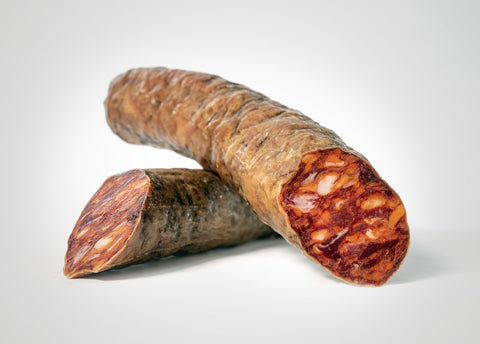

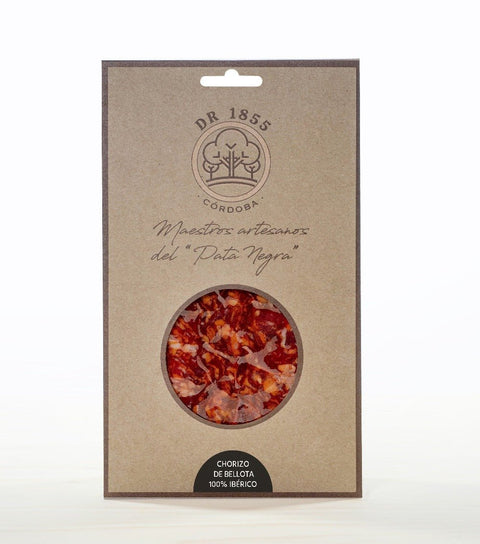
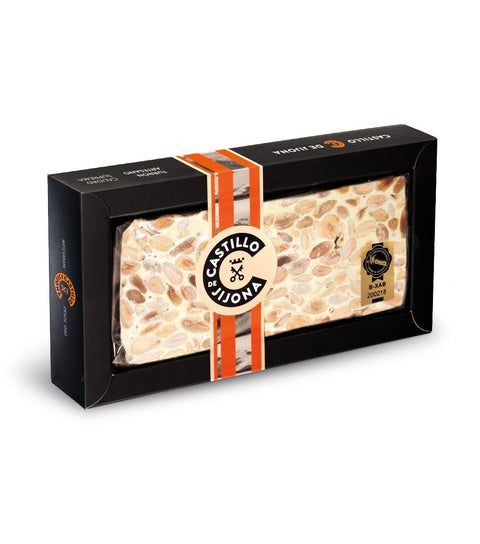
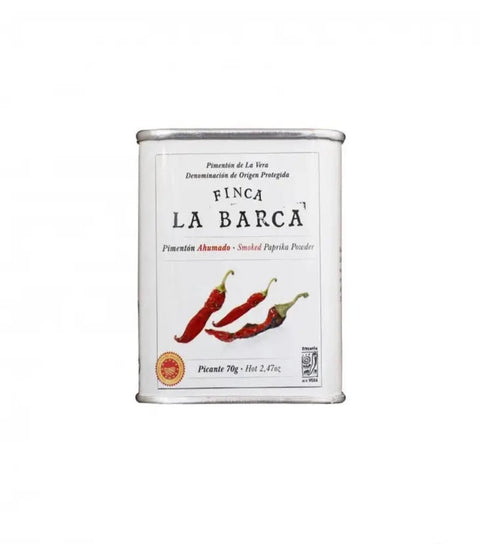
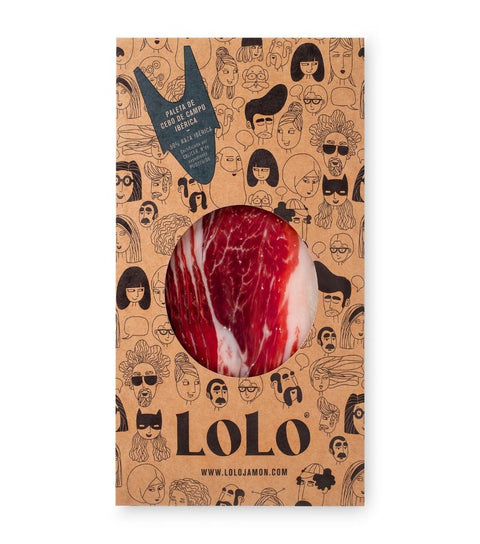
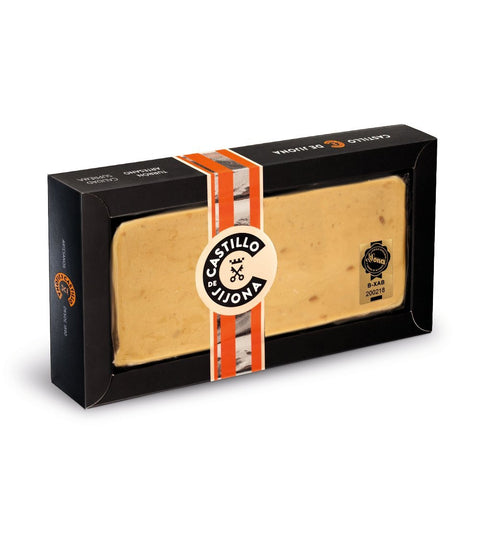
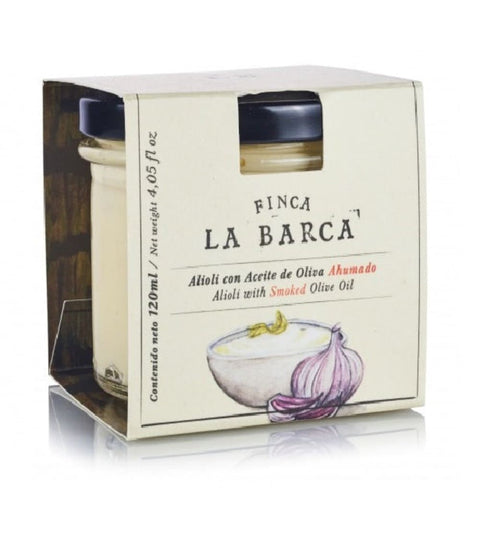
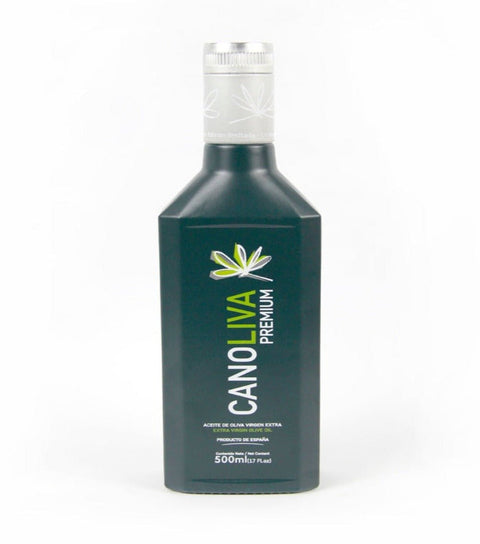
Comments (0)
There are no comments for this article. Be the first one to leave a message!